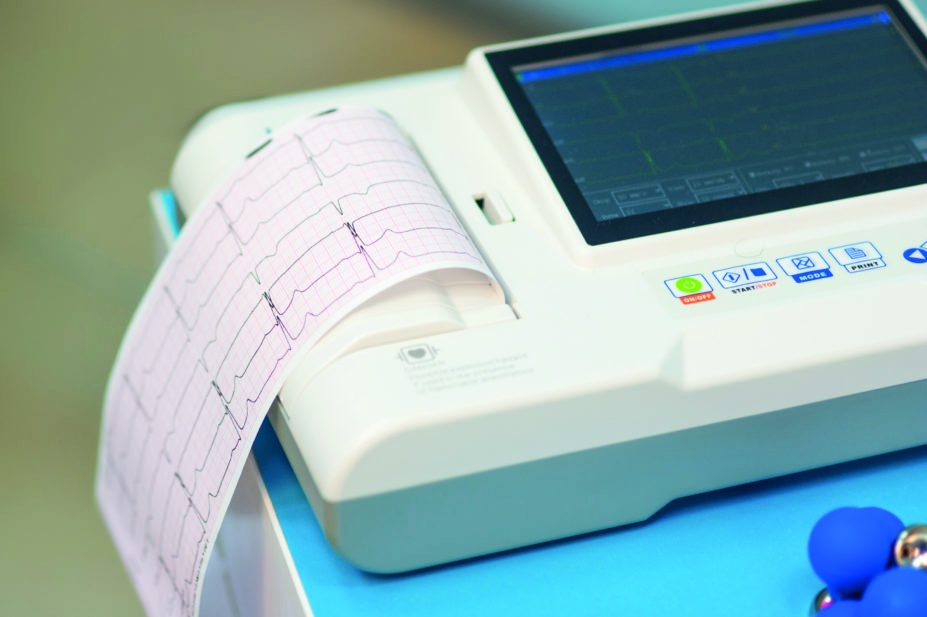
Shutterstock.com
Atrial fibrillation (AF) accounts for 10–15% of all ischaemic strokes. US clinical guidelines recommend that anticoagulation therapies, such as warfarin or non-vitamin K antagonist oral anticoagulants, are given to patients with AF to help prevent stroke, but they are generally underused in community practice.
Researchers from the Duke Clinical Research Institute in North Carolina retrospectively analysed 94,474 older adults with acute ischaemic stroke and a known history of AF, discovering that 84% did not receive guideline-recommended therapeutic anticoagulation treatment prior to having a stroke.
Of the 16% who were given anticoagulation prior to stroke, the researchers found that there was a significant reduction in stroke severity, lower odds of in-hospital mortality, and better functional outcomes.
Publishing their findings in JAMA
[1]
(online, 14 March 2017), the researchers conclude that a substantial number of strokes may result from underuse of or inadequate anticoagulation in AF.
References
[1] Xian Y, O’Brien E, Liang L et al. Association of preceding antithrombotic treatment with acute ischemic stroke severity and in-hospital outcomes among patients with atrial fibrillation. JAMA 2017;317(10):1-12. doi: 10.1001/jama.2017.1371
You may also be interested in

New class of anticoagulant found to ‘overwhelmingly’ reduce bleeding events in patients with atrial fibrillation

Nearly 92% of atrial fibrillation patients in England anticoagulated, says NHS adviser
